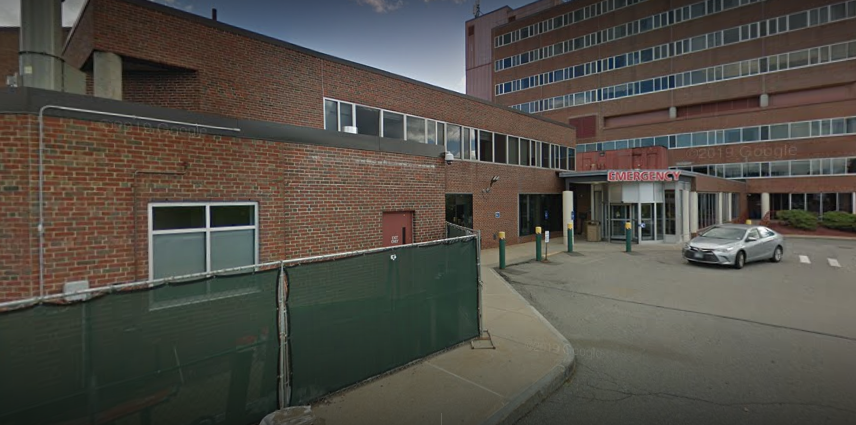By DAMIEN FISHER, InDepthNH.org
New Hampshire’s long-standing mental health care crisis took another turn this week, but not a good one for the state Department of Health and Human Services.
The state now has 12 months to stop using hospital emergency room beds for psychiatric holds under the terms of a permanent injunction issued Wednesday by United States District Court Judge Landya McCafferty.
McCafferty ruled earlier this year that the state is violating the Fourth Amendment rights of hospitals by illegally seizing staff time, bed space, and other resources in the emergency rooms when it leaves psychiatric patients in ERs for weeks at a time.
“The permanent injunction order issued by Judge McCafferty in federal district court is an important step forward for patients suffering from an acute psychiatric crisis and their families,” said Steve Ahnen, president of the New Hampshire Hospital Association.
Under the terms of the injunction, New Hampshire’s Department of Health and Human Services has one year to essentially get its act together. The judge also said the state will be given six hours to find a bed for a psychiatric patient once an involuntary emergency admission certificate has been issued.
Gov. Chris Sununu, who has criticized the hospitals over the lawsuit, did not respond to requests for comment. He claimed the hospitals have refused to be part of a solution to the shortage of psychiatric care in the state.
“We will obviously help and support them but the latest lawsuit by the hospitals is a horrible example of one of our most important community institutions such as a hospital essentially saying mental health is not a health issue. And that is wrong, they are absolutely wrong,” he told InDepthNH.org in March.
The lawsuit was originally brought by a class of John Doe/Jane Doe plaintiffs who argue the state is violating the rights of people in crisis by forcing them to stay in emergency rooms for as long as four weeks while they wait to be admitted to a psychiatric hospital, usually New Hampshire Hospital.
That lawsuit was joined by a group of 15 hospitals and health care systems who sought judgment against the state, claiming the Department of Health and Human Services is violating their 4th Amendment rights against unreasonable seizure.
McCafferty found the state is illegally taking time, space and property from the hospitals through its boarding practice.
“(The) Commissioner’s boarding practice commandeers space, staff, and resources in the Hospitals’ emergency departments that are needed for other patients and services,” McCafferty wrote.
Under the state’s involuntary commitment law, a person who is a danger to his or herself or others, may be involuntarily committed and must have a probable cause hearing before a judge within three days of being admitted to continue to be held.
In many cases, people are held much longer than three days as they wait for a bed to open in a psychiatric hospital, some as long as four weeks, without a probable cause hearing. Part of the problem, according to McCafferty, is the state simply does not have the facilities to treat people who are being held. New Hampshire Hospital does not have enough beds, and it does not have enough staff, McCafferty wrote.
“As a result, the state’s IEA-certified patients remain in private hospitals’ emergency departments, waiting until space becomes available in a designated receiving facility, for days and even weeks, during which time the Hospitals provide the space, facilities, board, and services needed by the Commissioner’s patients,” McCafferty wrote.





